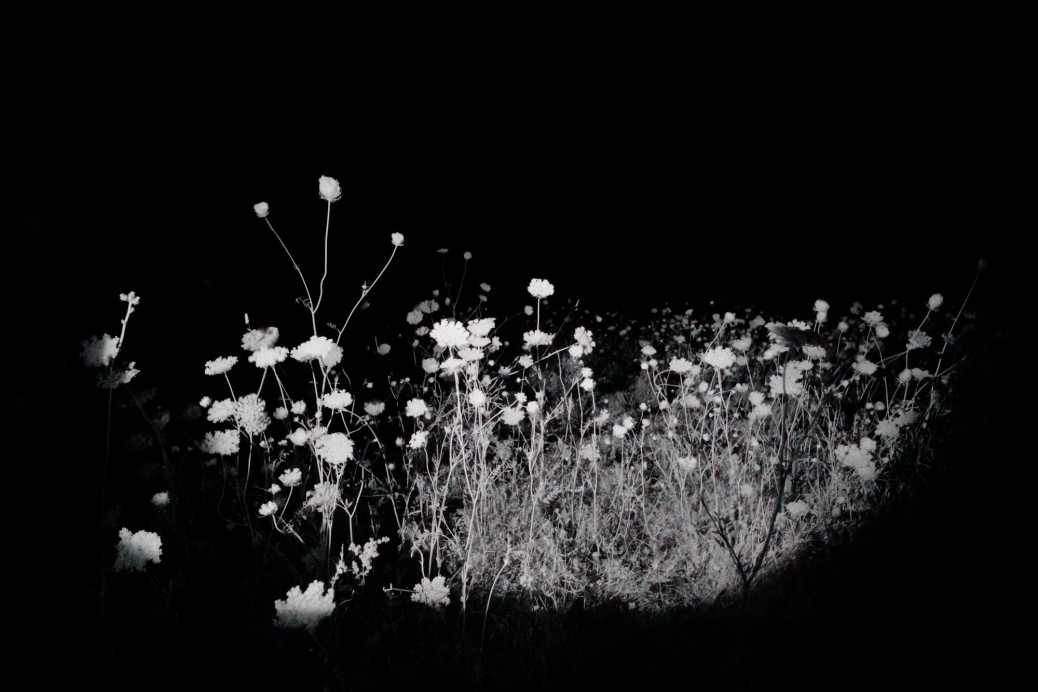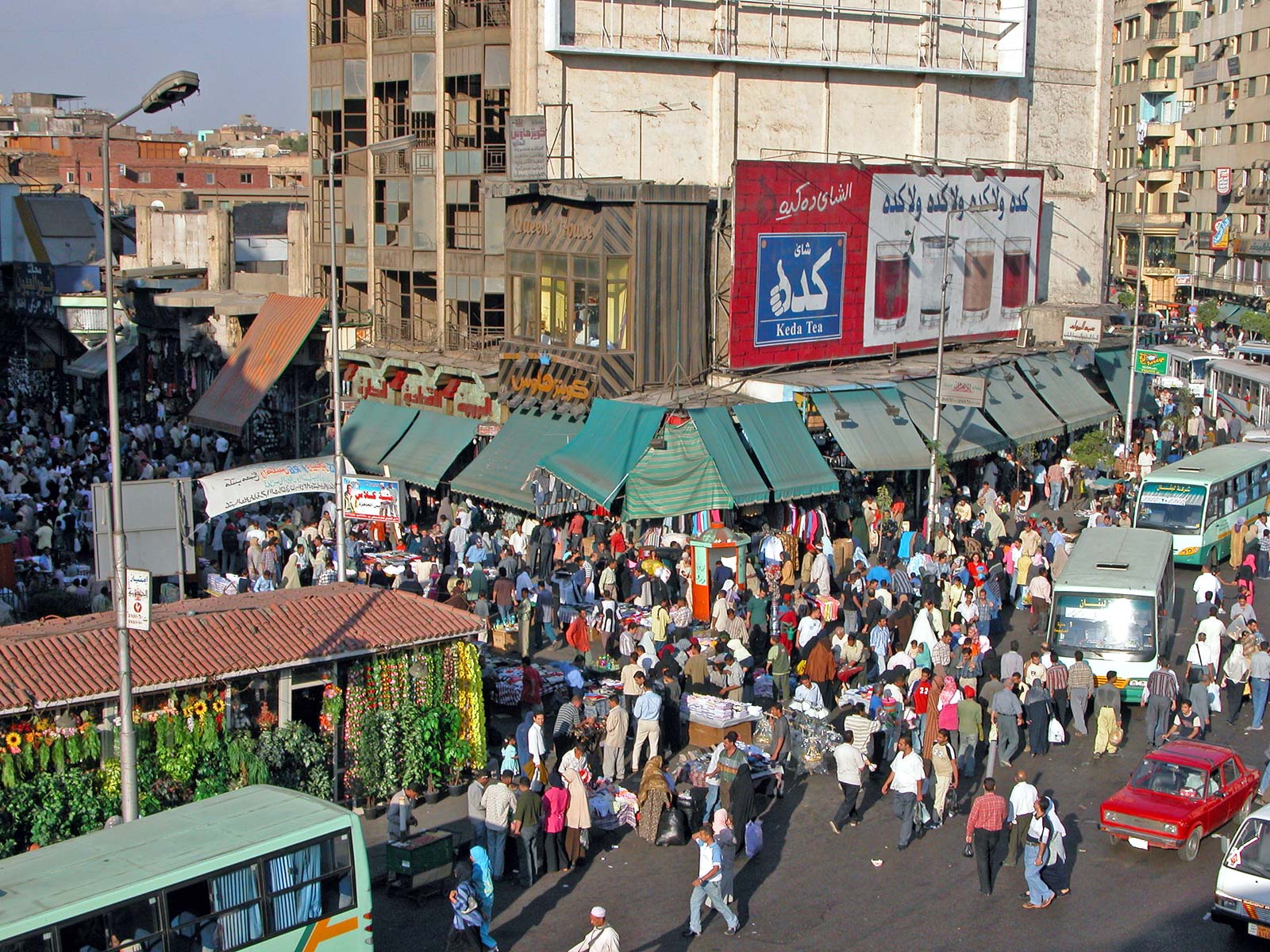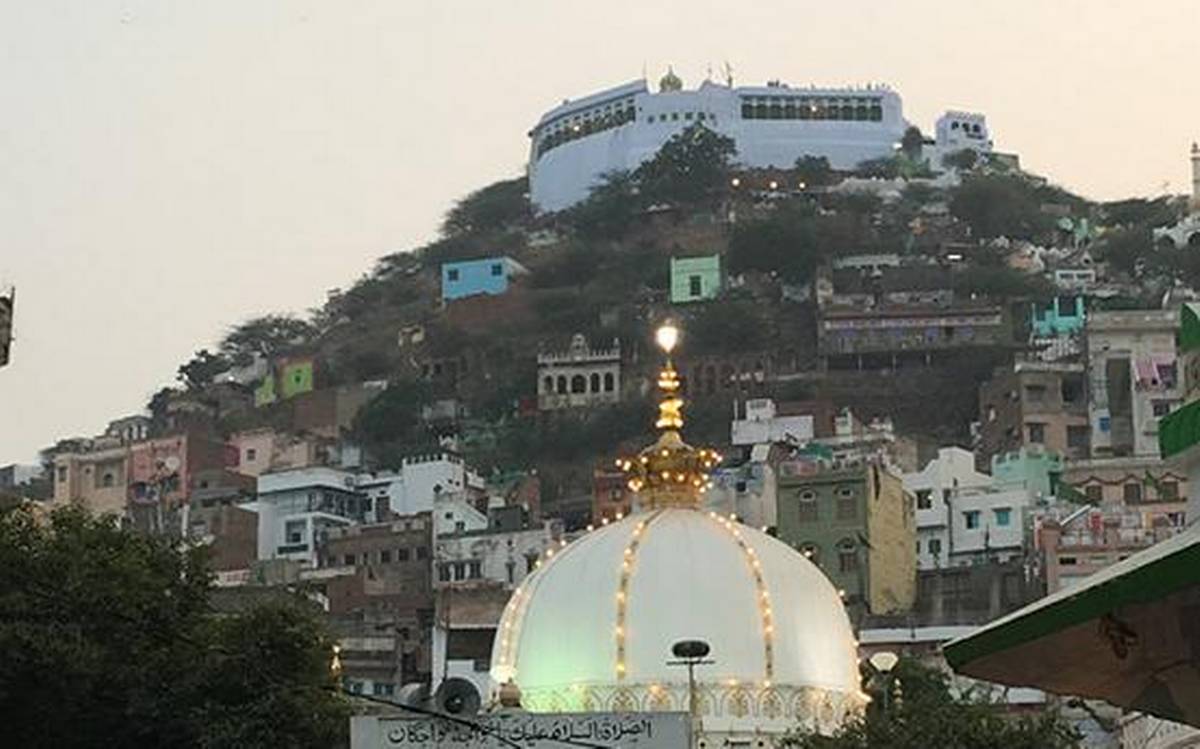Another Sufi story I would like to tell you: A well-known Sufi was asked. “What is invisibility?” And he said, “I shall answer that when an opportunity for a demonstration occurs.” – Sufis don’t talk much.
They create situations. They don’t say much; they show through situations. So the Sufi said, “Whenever an opportunity occurs, I will give you a demonstration” – Some time later, that man and the one who had asked him the question were stopped by a band of soldiers, and the soldiers said, “We have orders to take all dervishes into custody, for the king of this country says that they will not obey his commands and that they say things which are not welcome to the tranquillity of thought of the populace. So we are going to imprison all the Sufis.” – Whenever there is a really religious person, a revolution, the politicians become very much afraid, because his very presence maddens them. His very presence is enough to create chaos. His very presence is enough to create a disorder, a death to the old society. His very presence is enough to create a new world. He becomes a vehicle. Absent, completely absent as far as his ego is concerned, he becomes a vehicle of the divine. The rulers, the cunning people, have always been afraid of religious people because there cannot be more danger than a religious person. They are not afraid of revolutionaries, because their strategies are the same. They are not afraid of revolutionaries, because they use the same language, their terminology is the same. They are the same people; they are not different people.
Just go to New Delhi and watch the politicians. All the politicians who are in power and all the politicians who are not in power – they are all the same people. Those who are in power seem to be reactionaries because they have attained power now they want to protect it. Now they want to keep it in their hands, so they seem to be the establishment. Those who are not in power – they talk about revolution because they want to throw out those who are in power.
Once they are in power they will become the reactionaries, and the people who were in power, who were thrown out of power, they will become the revolutionaries.
A successful revolutionary is a dead revolutionary, and a ruler thrown out of his power becomes a revolutionary. And they go on deceiving the people. Whether you choose those who are in power or those who are not in power, you are not choosing different people. You are choosing the same people. They have different labels, but there is not a bit of difference.
A religious person is a real danger. His very being is dangerous, because he brings through him new worlds – The soldiers surrounded the Sufi and his disciple, and they said they are in search of Sufis, all Sufis have to be imprisoned, because the king has commanded so, saying that they say things which are not welcome and they create such thought patterns which are not good for the tranquillity of the populace.
And the Sufi said, “And so you should….” – And the Sufi said to the soldiers, “And so you should” – “… for you must do your duty.”
“But are you not Sufis?” said the soldiers.
“Test us.” said the Sufi.
The officer took out a Sufi book. “What is this?” he said.
The Sufi looked at the title page and said, “Something which I will burn in front of you since you have not already done so.” He set light to the book, and the soldiers rode away satisfied.
The Sufi’s companion asked, “What was the purpose of that action?”
“To make us invisible,” said the Sufi, “For to the man of the world, visibility means that you are looking like something or someone he expects you to resemble. If you look different, your true nature becomes invisible to him.”
A religious man lives a life of revolution, but invisible. – Because to become visible is to become gross, to become visible is to come to the lowest rung of the ladder. A religious person, a sannyasin, creates a revolution in himself and remains invisible. And that invisible source of energy goes on doing miracles.
Please, if you are a sannyasin there is no need to be a revolutionary, you are already a revolution. And I say a revolution because a revolutionary is already dead, a revolutionary already has fixed ideas – a revolutionary already has a mind. I say revolution, it is a process. A sannyasin has no fixed ideas: he lives moment to moment. He responds to the reality of the moment – not out of fixed ideas.
Just watch. Talk to a communist and you will see that he is not listening. He may be nodding his head, but he is not listening. Talk to a Catholic, he is not listening.
Talk to a Hindu, he is not listening. While you are talking he is preparing his answer – from his old, past, fixed ideas. You can even see on the face there is no response, a dullness and deadness. Talk to a child, he listens, he listens attentively. If he listens at all he listens attentively. If he does not listen then he is absolutely absent, but he is total. Talk to a child and you will see the response, pure and fresh.
A sannyasin is like a child, innocent. He does not live out of his ideas: he is not a slave to any ideology. He lives out of consciousness, he lives out of awareness.
He acts here-now! He has no yesterdays and he has no tomorrows, only today.
When Jesus was crucified, one thief, who was at his side, said to him, “We are criminals. We are crucified, that’s okay – we can understand. You look innocent. But I am happy just to be crucified with you. I am tremendously happy. I have never done anything good.”
He had completely forgotten something. When Jesus was born, Jesus’ parents were escaping from the country because the king had ordered a mass murder of all the children born in a certain period. The king had come to know from his wise men that a revolution is going to be born and there is going to be danger. It is better to prevent it beforehand, take precaution. So he had ordered a mass murder. Jesus’ parents were escaping.
One night they were surrounded by a few thieves and robbers – this thief was one of that group – and they were going to rob and kill them. But this thief looked at the child Jesus, and he was so beautiful, and he was so innocent, so pure, as if purity itself… and a certain glow was surrounding him. And he stopped the other thieves, and he said, “Let them go. Just look at the child.” And they all looked at the child: and they all were in a certain hypnosis. They couldn’t do what they wanted to do… and they left them.
This was the thief who had saved Jesus, but he was not aware that this is the same man. He said to Jesus, “I don’t know what I have done, because I have never done a good deed. You cannot find a greater criminal than me. My whole life was that of sin – robbery, murder, and everything you can imagine. But I am happy. I am thankful to God that I am dying by the side of such an innocent man.”
Jesus said, “Just because of this gratefulness, you will be in the kingdom of God with me TODAY.”
Now, after that statement, Christian theologians have been continuously discussing what he meant by “today.” He simply meant now. Because a religious man has no yesterdays, no tomorrows, only today. This moment is all. When he said to the thief, “Today you will be with me in the kingdom of God,” in fact he was saying, “Look! You are already. This very moment, by your gratefulness, by your recognition of purity and innocence – by your repentance – the past has disappeared. We are in the kingdom of God.”
A religious man lives not out of past ideologies, ideas, fixed concepts, philosophies. He lives in this moment. Out of his consciousness he responds. He is always fresh like a fresh spring, always fresh, uncorrupted by the past.
So, if you are a sannyasin, you are a revolution. A revolution is greater than all the revolutionaries. Revolutionaries are those who have stopped somewhere the river has become frozen, it flows no more. A sannyasin is always flowing; the river never stops – it goes on and on, flowing and flowing. A sannyasin is a flow.
Tags: Invisible Source Patanjali










